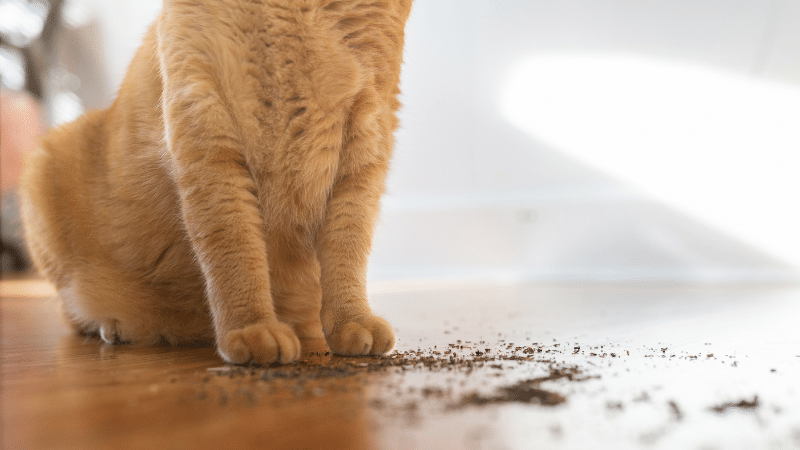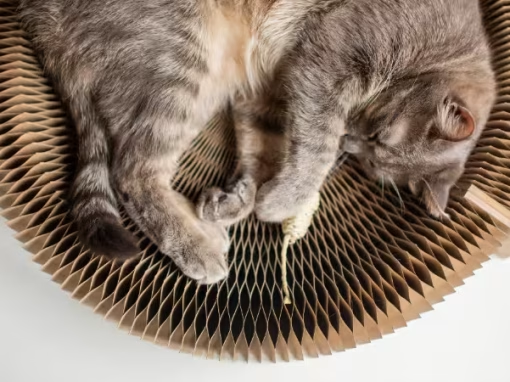What is catnip?
Catnip is a herbaceous plant that is a member of the mint family, known scientifically as Nepeta cataria. It is native to Europe, but it is also grown in many other parts of the world. The leaves of the catnip plant contain an essential oil called nepetalactone, which is what makes it attractive and stimulating to cats.
When a cat smells or ingests catnip, it can trigger a range of behaviors such as rolling, rubbing, meowing, and increased playfulness. These behaviors are thought to be a result of the chemical compound nepetalactone, which has a similar effect on cats as some recreational drugs have on humans.
Not all cats are affected by catnip, and the degree to which a cat responds to it can vary. Cats that do respond to catnip may only show a response for a few minutes before losing interest, and their sensitivity to it may decrease with repeated exposure. Catnip is generally considered safe for cats, but it should be given in moderation as excessive use can cause digestive upset.
Will catnip calm an aggressive cat?
Catnip is known to have a calming effect on many cats, but its effectiveness in calming an aggressive cat may vary. Some cats may become more relaxed and docile after exposure to catnip, while others may become more excitable and hyperactive.
If a cat’s aggression is due to anxiety or stress, catnip may help to alleviate those underlying issues and reduce the aggression. However, if a cat’s aggression is due to territorial behavior, fear, or other underlying issues, catnip may not have a significant effect on their behavior.
It’s important to note that while catnip is generally considered safe for cats, it should be used in moderation and not given to cats too frequently. If your cat’s aggression is severe or persistent, it’s best to consult with a veterinarian or a professional animal behaviorist for guidance on how to manage the behavior.
Does catnip calm cats in heat?
The effects of catnip, which can include increased playfulness, rolling, and rubbing, are unlikely to counteract the hormonal changes that are driving a cat’s behavior during heat.
While catnip may not directly calm a cat in heat, it is possible that the increased playfulness and activity induced by catnip could provide a temporary distraction for a cat that is experiencing discomfort or restlessness during heat. However, it’s important to note that the use of catnip during heat should be limited, as excessive play or activity could worsen a cat’s condition.
If your cat is experiencing behavioral or physical changes during heat, it’s important to consult with a veterinarian for guidance on how to manage the condition and keep your cat comfortable.



